
Admissions Open House Monday, December 4
November 9, 2023

The final year at Beauvoir is an exciting one as third grade students take on the relished role of being the oldest students in the school. In third grade, children experience new leadership opportunities while continuing to build on the essential academic skills, social foundations and wonderful memories they have gained in the previous grades.
In third grade, teachers emphasize the importance of reflection and knowing oneself as a learner and as a person. Students are provided ample opportunities and methods for reflection, such as journaling, mindfulness and classroom sharing.
Third grade students at Beauvoir gain independence while exploring their place in, and impact on, the greater community and world around them.
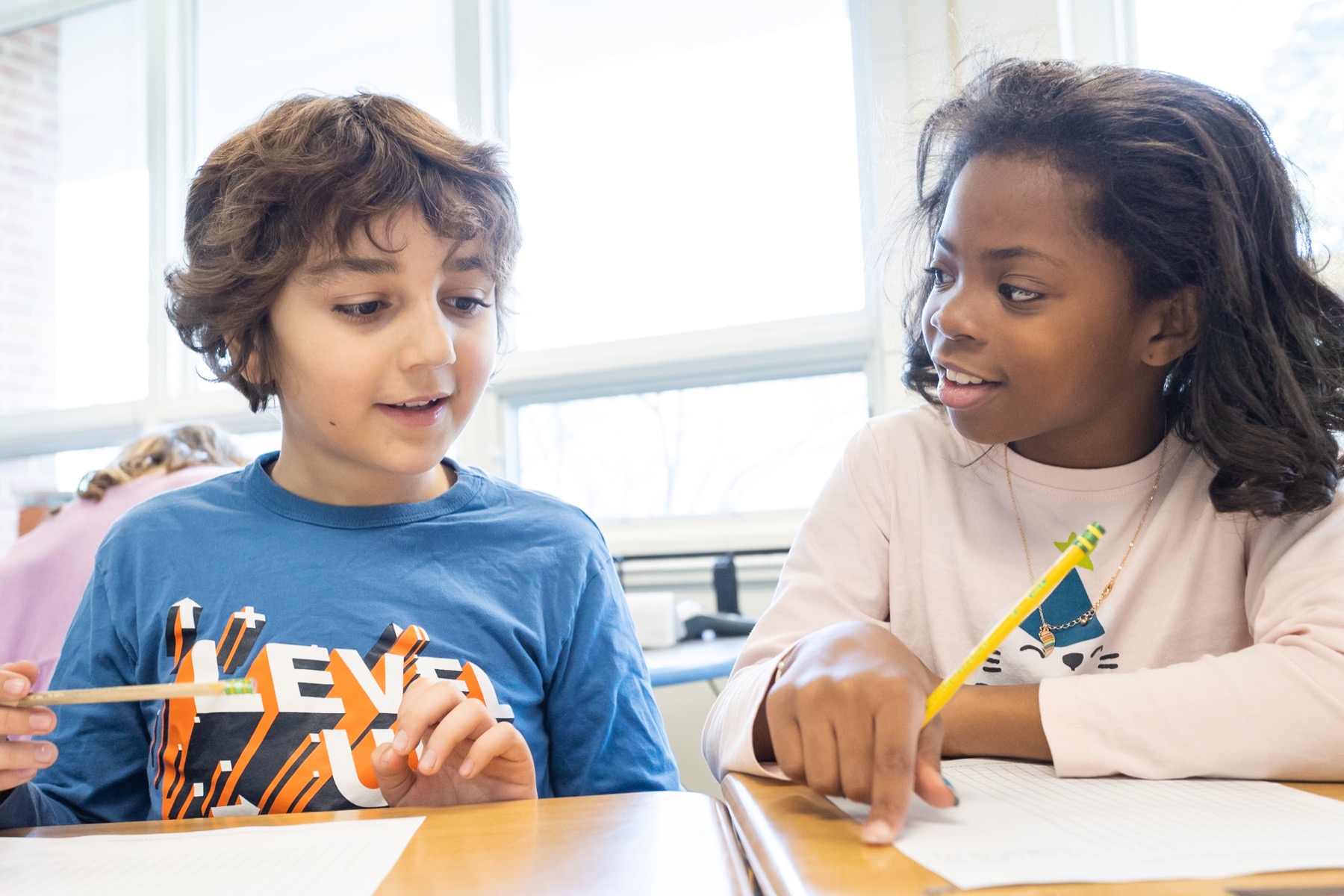

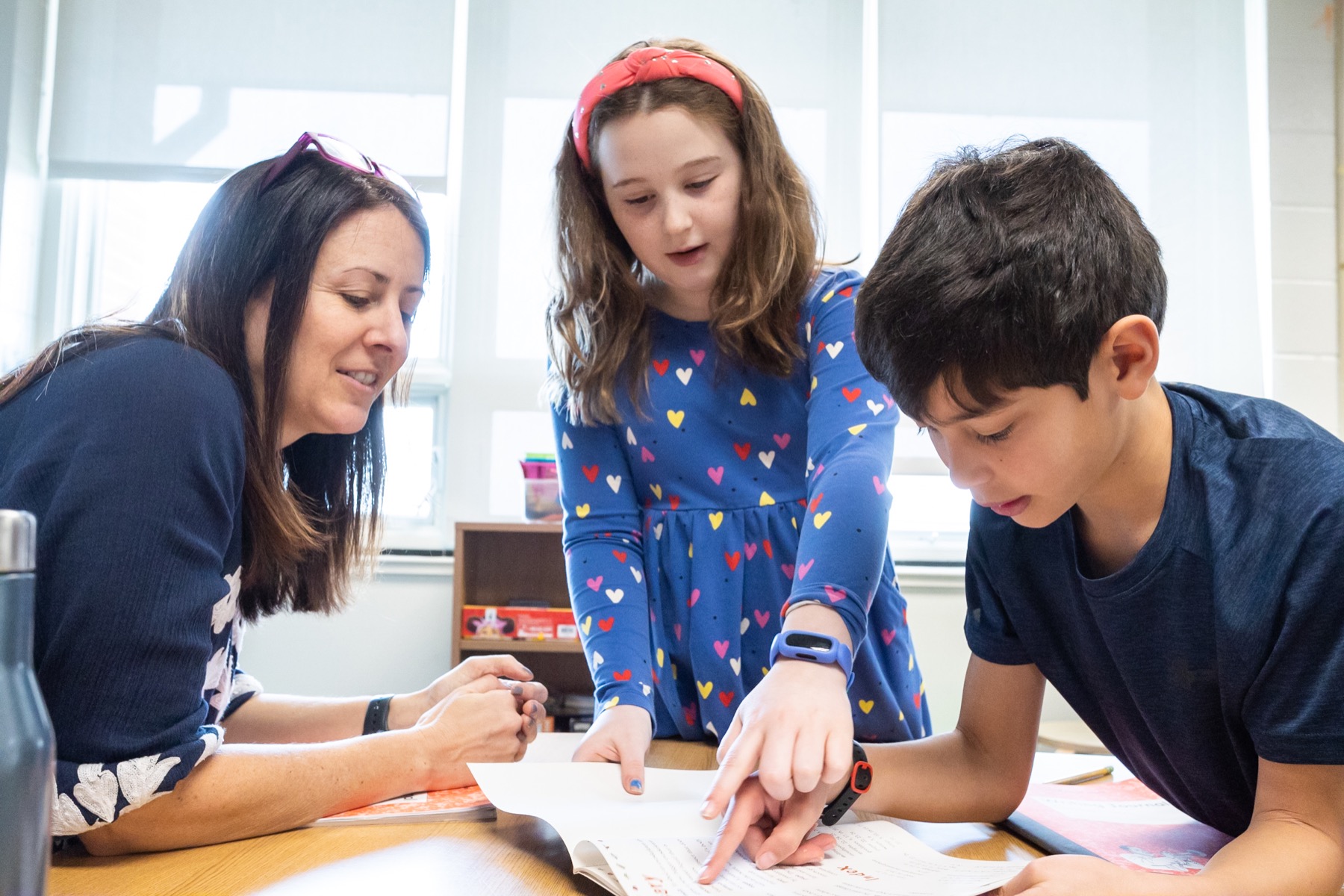

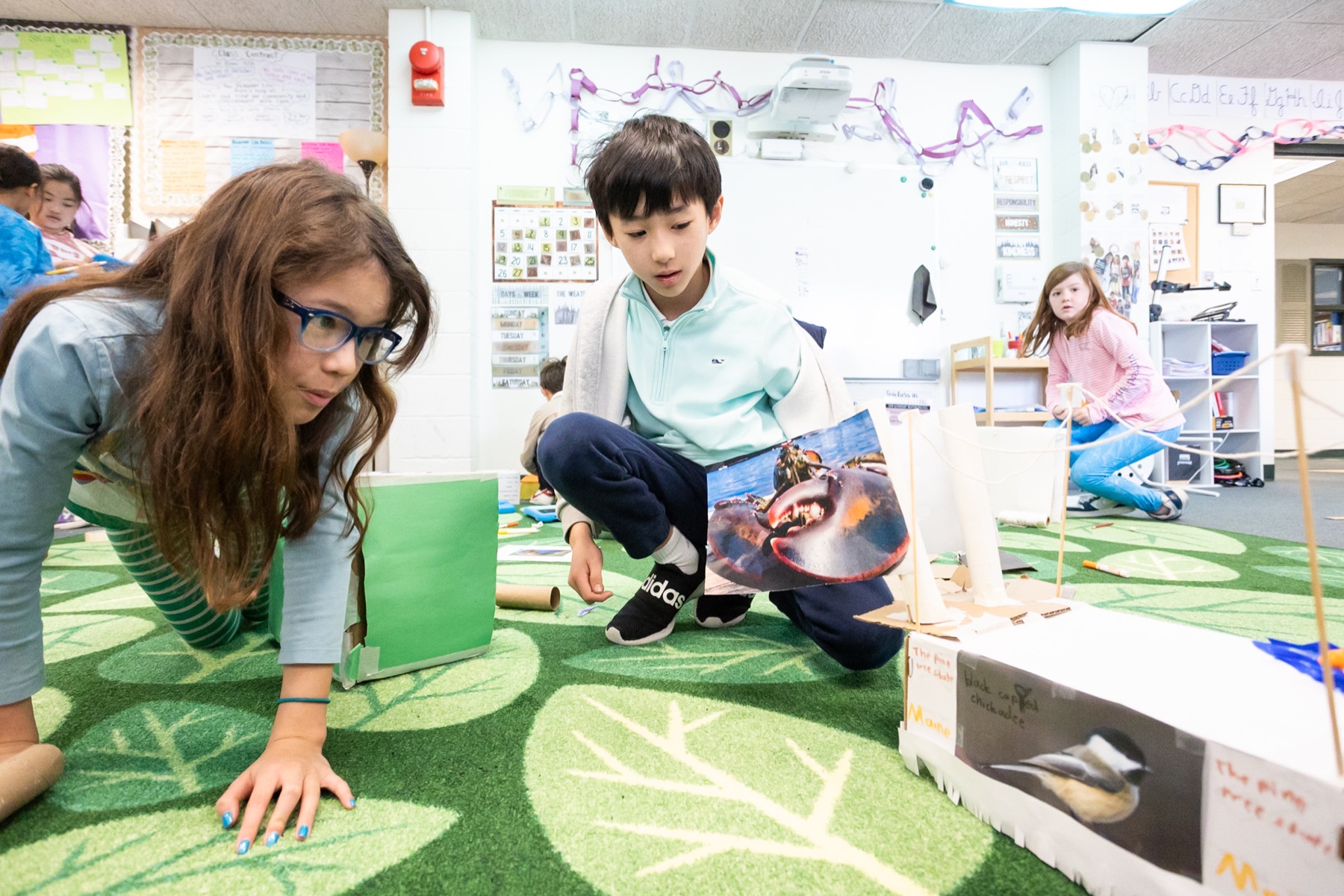

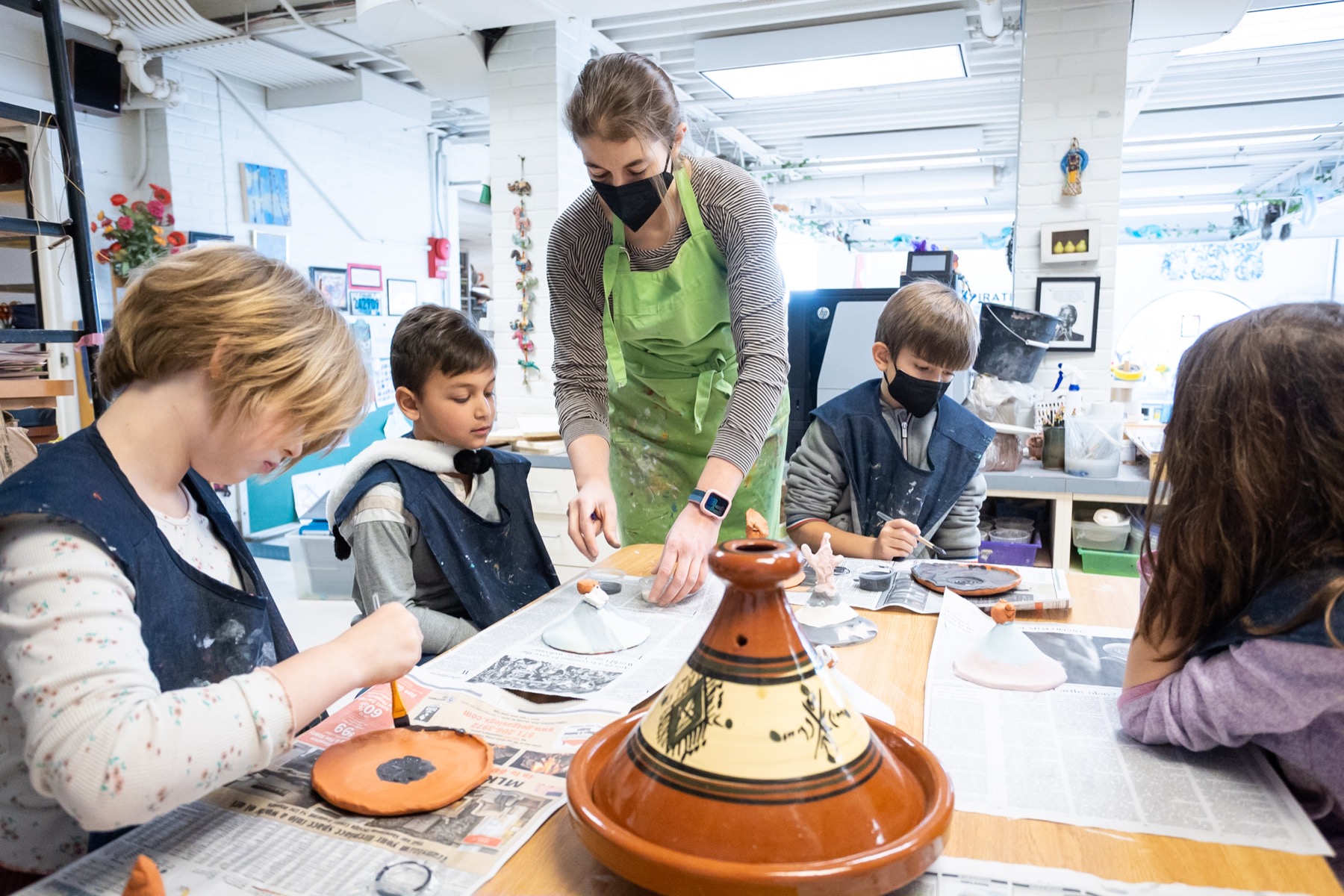

















Mathematics in the third grade expands on children’s abilities to make connections between the classroom and the world outside of school. Students increasingly explore more complex mathematical concepts and relationships. They also practice communicating, both orally and in writing, an understanding of numbers, variables, functions, data, geometry, measurement, and probability.


Language Arts in the third grade further integrates the language components of listening, speaking, writing and reading, and incorporates them into other subject areas. A literature-based reading program encourages children to read for meaning, information and pleasure. Basic language skills are strengthened so that communication can be increasingly effective. Library work is an important component of the third grade in supporting children’s investigation of literature. Research is a critical aspect of students’ learning in many courses and the library is central in this effort. Beauvoir children learn to be increasingly independent in their studies, enjoying books on their own and pursuing a wide range of topics. The library is a focal point in Beauvoir’s integrated and child-centered curriculum, woven together with technology to encourage digital literacy as well.


As part of social studies, Third graders dive into investigatory learning about citizenship in a democratic society and the complexity of historical events that have led to present times. Washington, DC provides an exciting, rich base for much of the third grade program. In a focused, year-long study of Washington, children learn about the history of their community, investigate the planning and establishment of the nation’s capital and carry out individual projects about the city. Students use mapping skills to locate and identify countries, geographical areas and regions throughout the world.


Art for third graders focuses on how aesthetic experiences relate to each child’s daily life. Third graders learn how to observe increasingly subtle qualities in different art forms. Drawing is an important emphasis as a basis for understanding architecture and the environment. Other mediums are explored in greater detail and depth. Students have a combination of structured experiences as well as opportunities to work in their favorite art medium. Their artwork is saved in a portfolio as a culmination of the children’s creative efforts.


The tools of technology become an integral aspect of a third grader’s life. Benefitting from a 1-1 iPad program, students use technology across the curriculum. Children contribute to ongoing projects through their use of programs, such as PowerPoint, and learn to operate and take pictures with different media. Students use technology to publish stories and other forms of writing. Students work cooperatively in developing research projects using the Internet as a resource tool, while learning how to be respectful and responsible digital citizens.


Third grade students continue to develop musical skills as well as deepen their understanding of musical form and notation through a variety of musical activities. The process-based curriculum includes instruction in singing, recorders, handbells, and both pitched and unpitched percussion. The music curriculum is consciously designed to teach developmentally appropriate performing arts skills and to allow for the full participation of all students. The curriculum also makes a number of interdisciplinary connections, including strong support of the Global Studies program and a unique, in-depth focus on specific composers’ lives and compositions. Third grade students have many performance opportunities and great care is taken to keep these performances child-centered and structured to ensure the success of each individual. Third grade performances include choral performances at Christmas, handbell choir in the fall, a recorder performance in the spring and a grade-wide dramatic performance.


Physical Education enhances the third graders’ physical and social growth by emphasizing skill-building and teamwork. Each child’s development is encouraged through a broad range of specialized activities that are challenging and fun. Track and field, flag football, hockey, and other sports increase children’s manipulative and cooperative skills. A positive attitude about physical movement and sports keeps children focused on the important aspects of physical education and their own health.


First- and second-grade science establishes the foundation for the third graders’ readiness to become more independent scientists. Science fosters and stimulates children’s curiosity by providing an enriched environment and encouraging students to ask and answer questions. Third Graders’ abilities to observe and describe are sharpened as they engage in the study of life science, physical science and earth science.


Third graders have learning opportunities to develop language, culture, and content skills in each curricular area through project-based activities. Children discuss legends, read in Spanish, sing songs, recite Spanish vocabulary, and practice conversational skills. Students use mapping skills to locate and identify countries, geographical areas, and regions throughout the world. Geometric concepts and cultural aspects are explored through ancient architecture. Science skills are reviewed through making predictions, and describing and identifying plants and animals.


A focus on health and wellness is woven throughout many aspects of the third-grade curriculum at Beauvoir. Two fundamental pillars of health and wellness at Beauvoir are the Children’s Garden and our renowned meals.
The Children’s Garden—Beauvoir’s Children’s Garden, started in 2002, continues to be integral to Beauvoir’s science curriculum and provides many of the vegetables and herbs used in Beauvoir’s kitchen. From a young age, students learn to grow and harvest their own vegetables.
In the spring of 2014, the garden was relocated to the former Cathedral Greenhouse space. Raised beds, filled with rich soil, and an irrigation system ensure the plants thrive. The beds are planted with vegetables such as tomatoes, peppers, cucumbers, and carrots, as well as diverse plant species to complement the School’s Global Studies investigation. Much of what is grown and harvested each year in the Children’s Garden is used by our Meriwether Godsey Dining Service for lunch and snacks.
Flowers, beans, beets and herbs are also found in the space. Groundbreaking research shows how nature can boost mental acuity and creativity, as well as promote health and wellness. Beauvoir’s campus has been mentioned in numerous publications, including The Atlantic magazine, and touted as an exemplary place for children to learn, play, and grow.
Meals at Beauvoir—Fresh, healthy lunch options are provided everyday by the School’s food provider Meriwether Godsey. Meriwether Godsey is an employee-owned company headquartered in Lynchburg, Virginia.
Chef David Vanderslice and his Meriweather Godsey team are committed to environmental and economic sustainability and strive to make a difference in promoting environmental responsibility while meeting our community’s needs and preferences. The company embraces fresh, local meals and is firmly committed to wellness and balance.
With leadership from Meriwether Godsey, Beauvoir focuses on reducing waste by keeping good food out of the trash and using fewer disposable products and recycling. Additionally, they donate fryer grease for biofuels and practice energy-saving habits, such as turning ovens on when they need them and not before, and turning off faucets. Each fall, Meriwether Godsey promotes eating local with a special meal featuring local ingredients in appreciation of the harvest season, and each spring, celebrates Earth Day by featuring menus and methods that are especially mindful of our natural resources. Chef Vanderslice and his team regularly feature reduced-meat menus to reduce the demand that drives expansion in factory farming, which can lead to increased water pollution, land erosion and carbon emissions.


As the oldest students at Beauvoir, third graders are proud of their role as models for our younger children. They take on increased responsibility for chapels throughout the school year and help their schoolmates both academically and socially throughout the year. For example, they work on learning activities with their Beauvoir Buddies in the first grade. Third graders reach out beyond Beauvoir with service projects, such as organizing and delivering toys and books to local daycare centers.
The curriculum is designed to capture students’ energy and imagination, and focuses attention on gaining capacity with, and mastery of, academic and life skills. An interdisciplinary curriculum combined with a variety of instructional delivery methods and a focused dedication to knowing each child as an individual prepares our students to be successful learners for life.
—Current Beauvoir Parent
No events here yet. Come back soon!
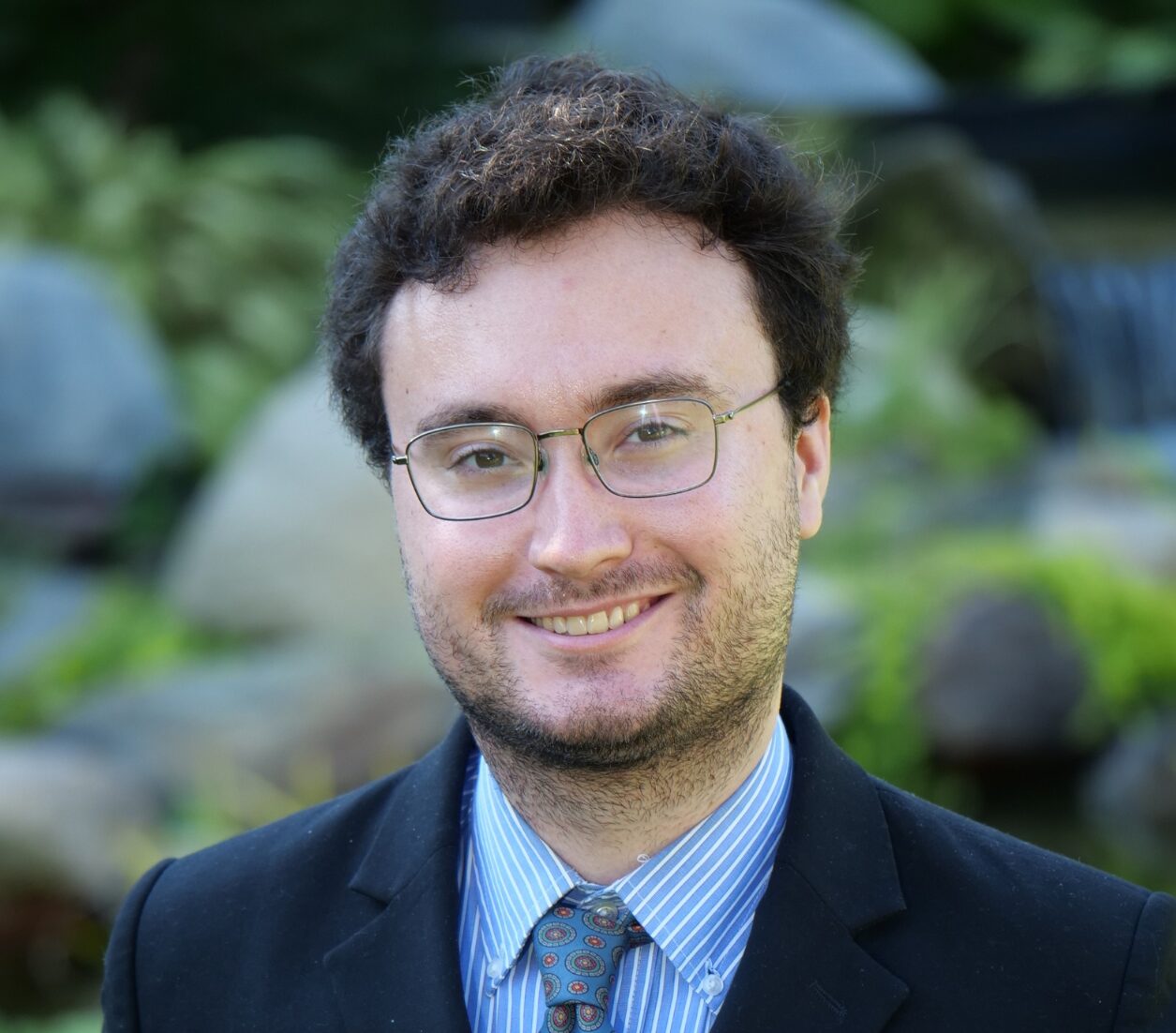
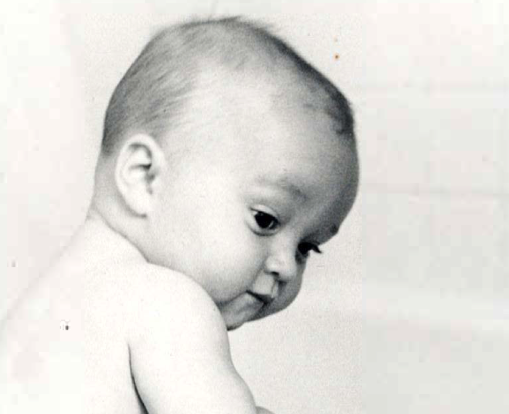
Partner Teacher, Third Grade
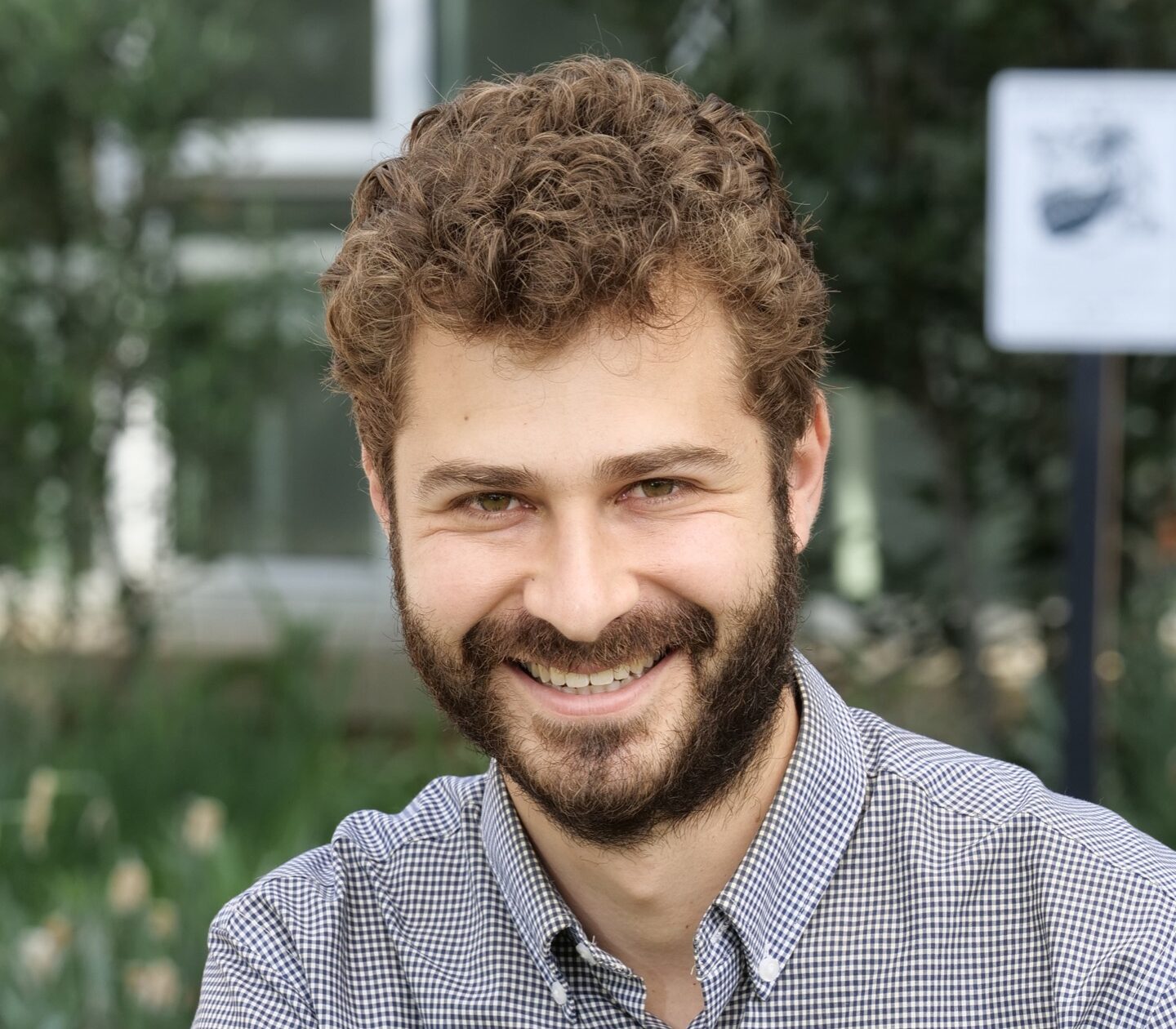
Partner Teacher, Third Grade
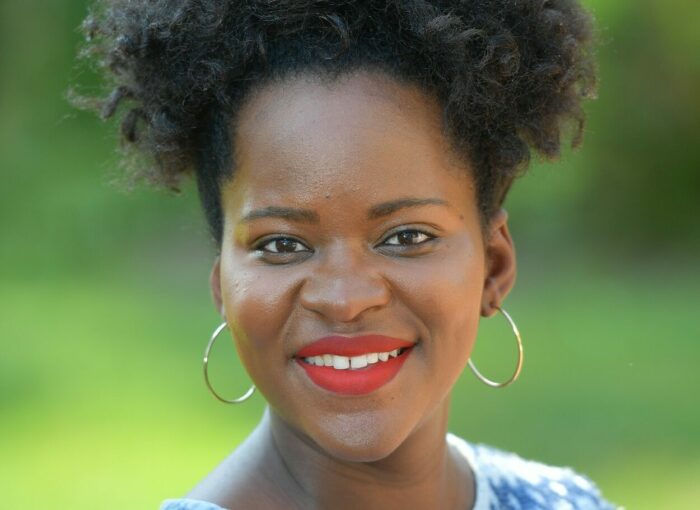
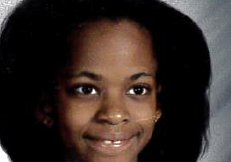
Head of Upper Years, Second and Third Grades
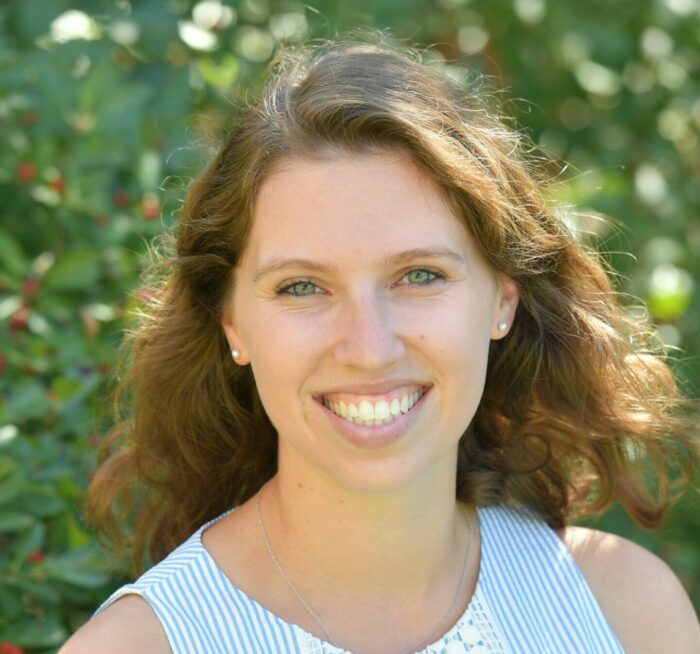
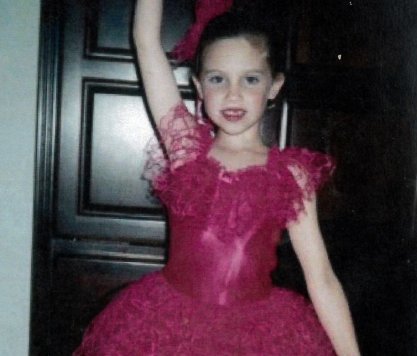
Partner Teacher, Third Grade
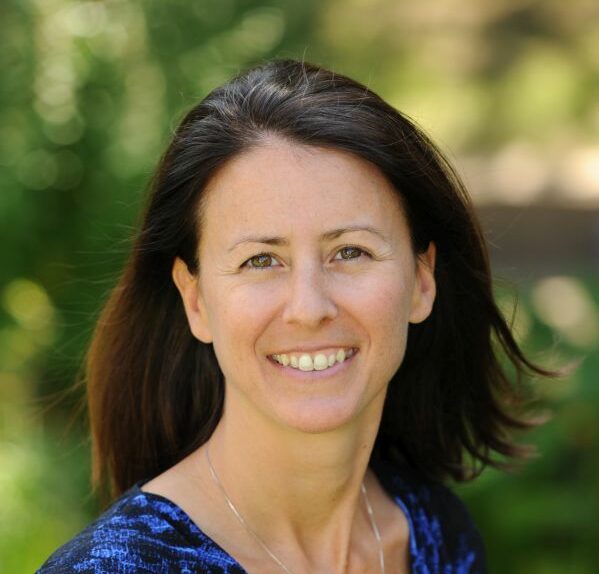
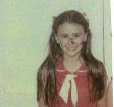
Partner Teacher, Third Grade
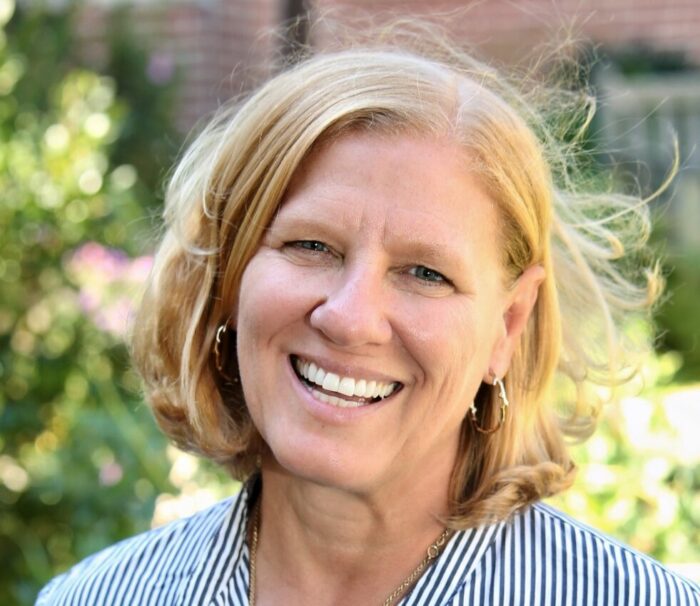
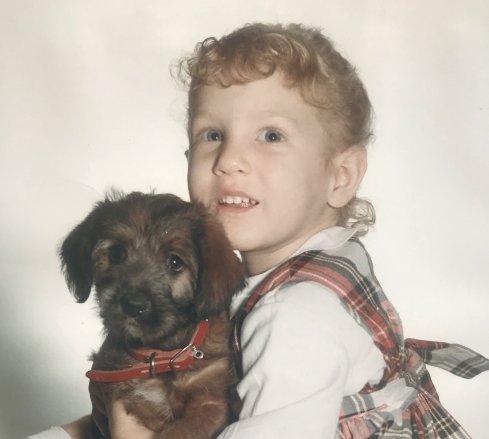
Partner Teacher, Third Grade
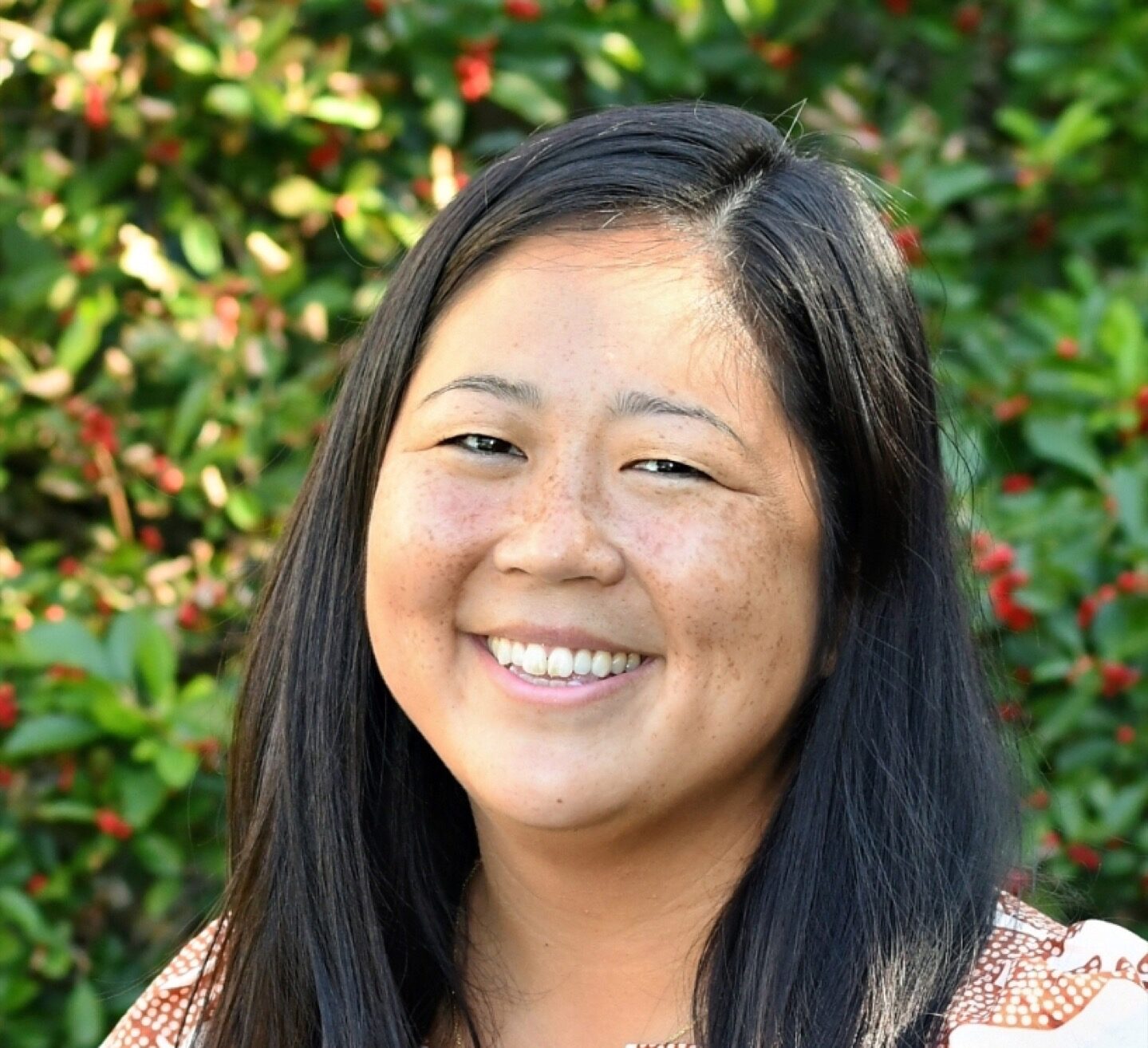
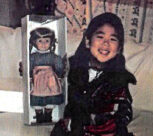
Third Grade Partner Teacher
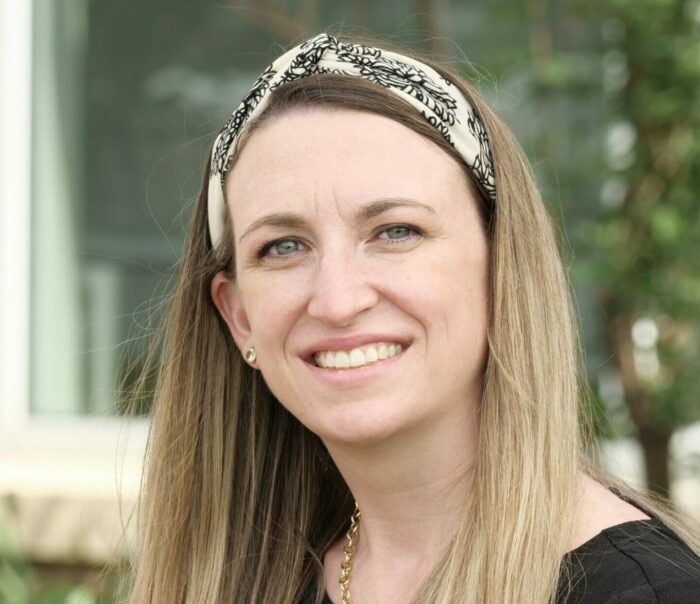
Partner Teacher, Third Grade